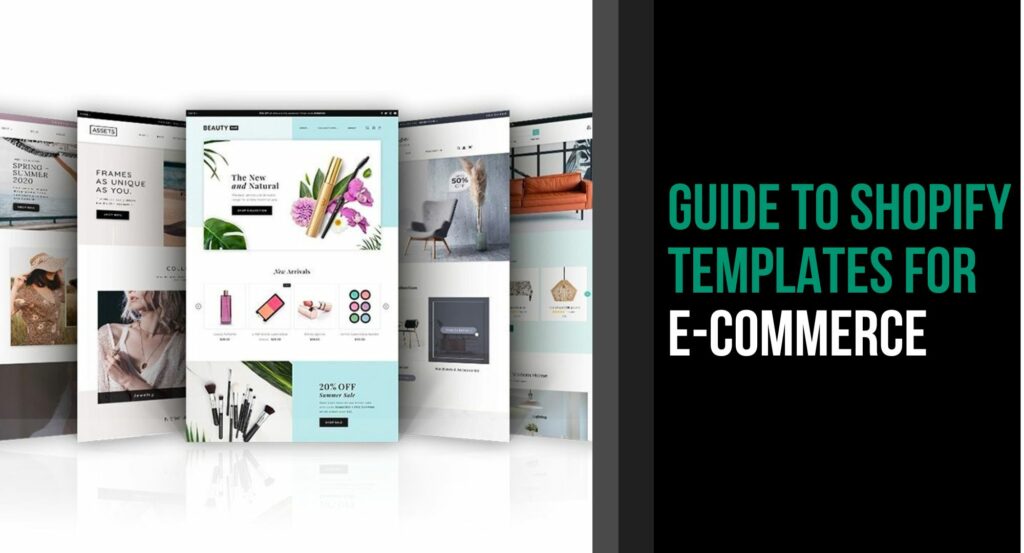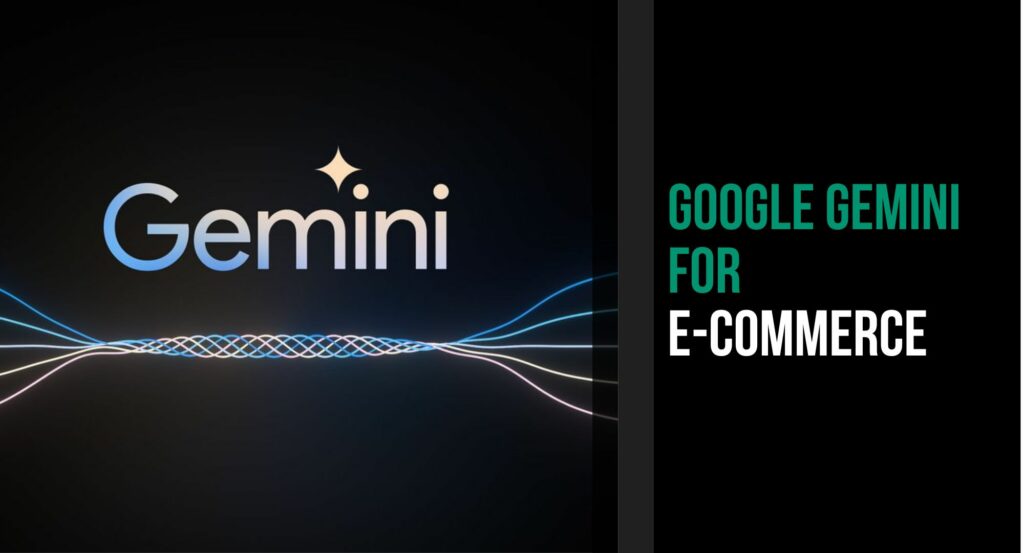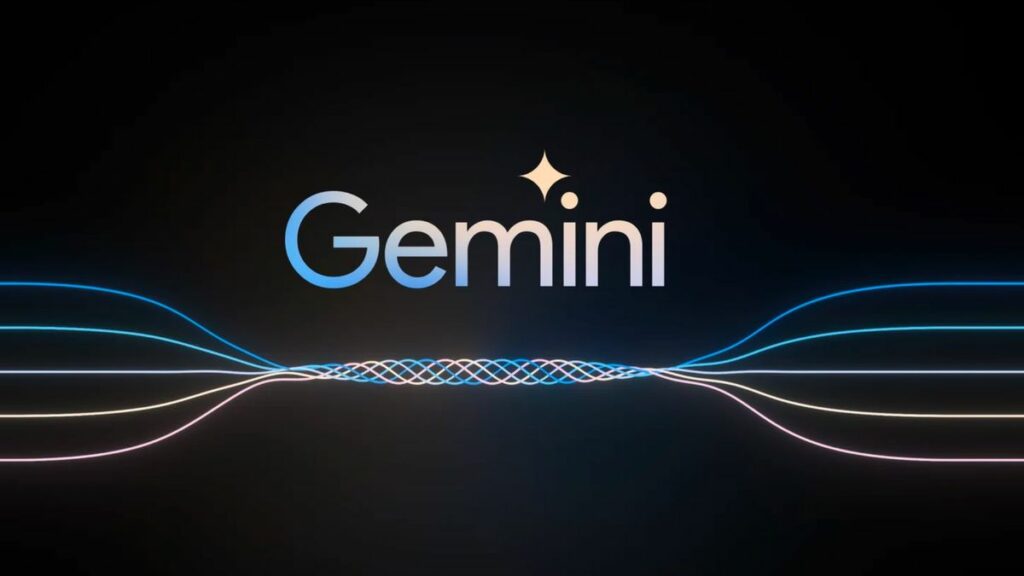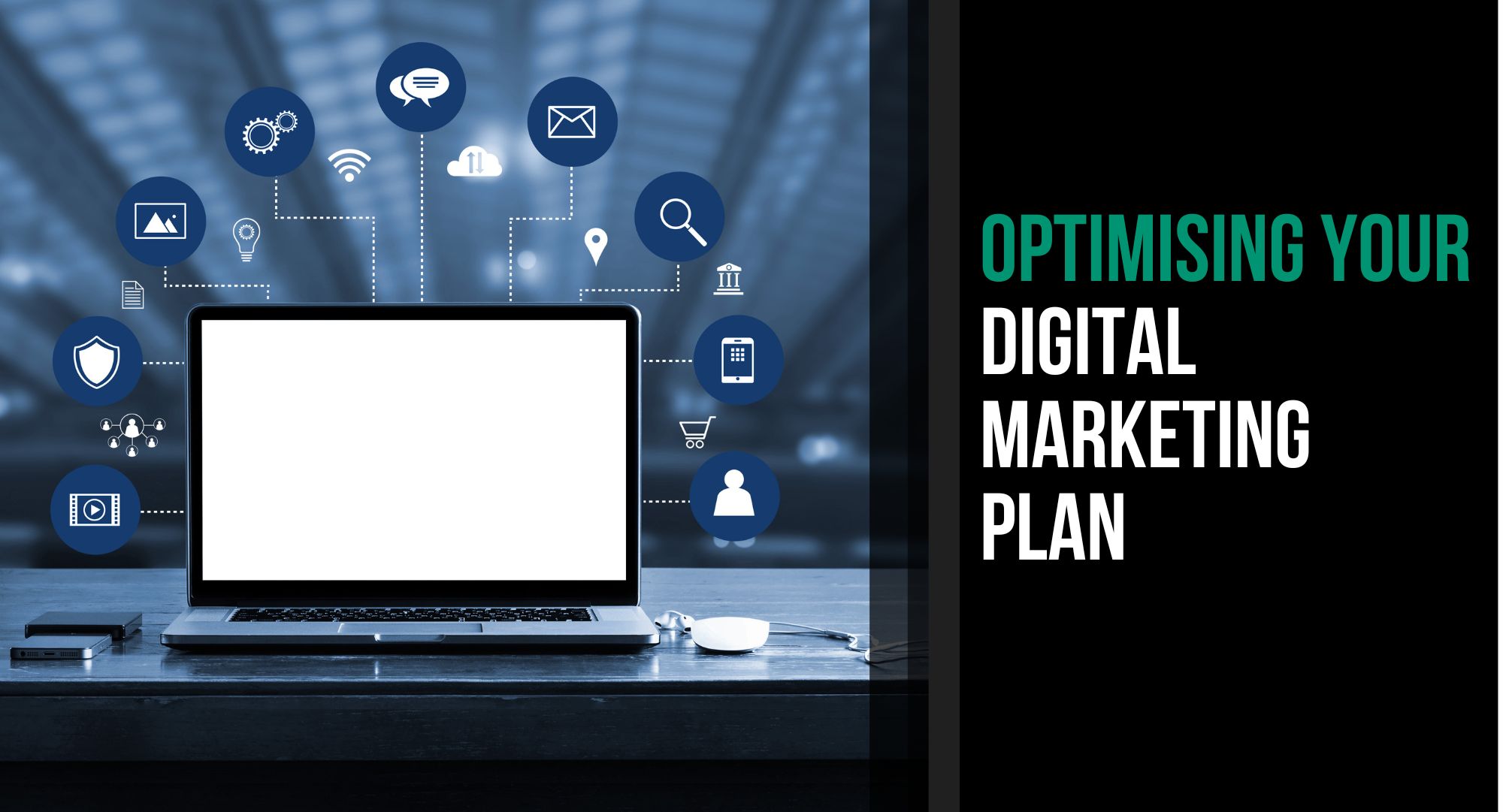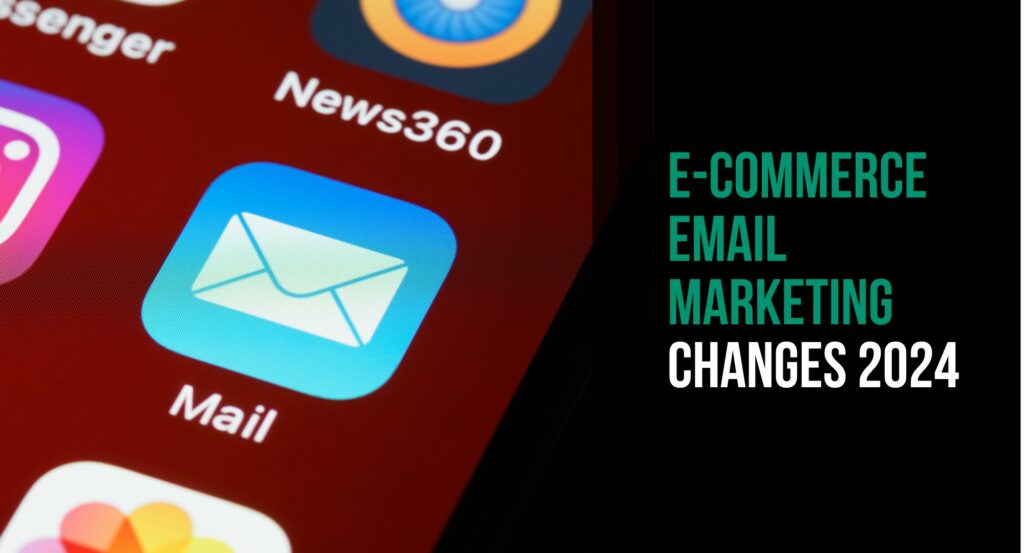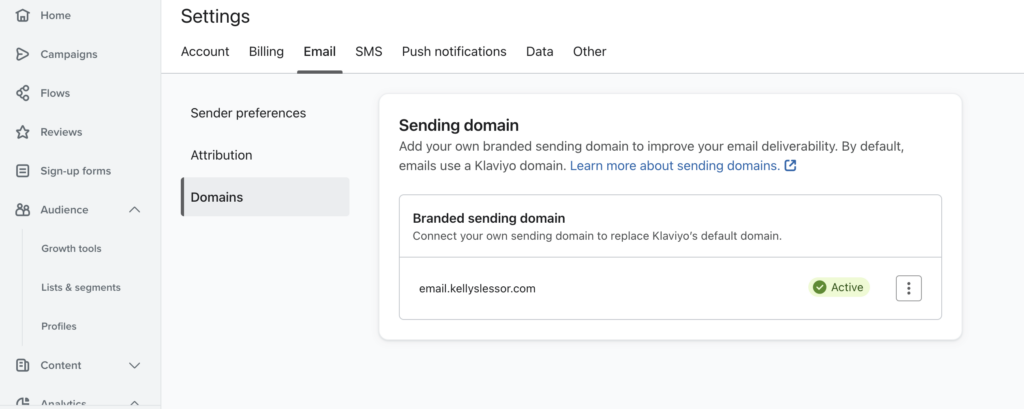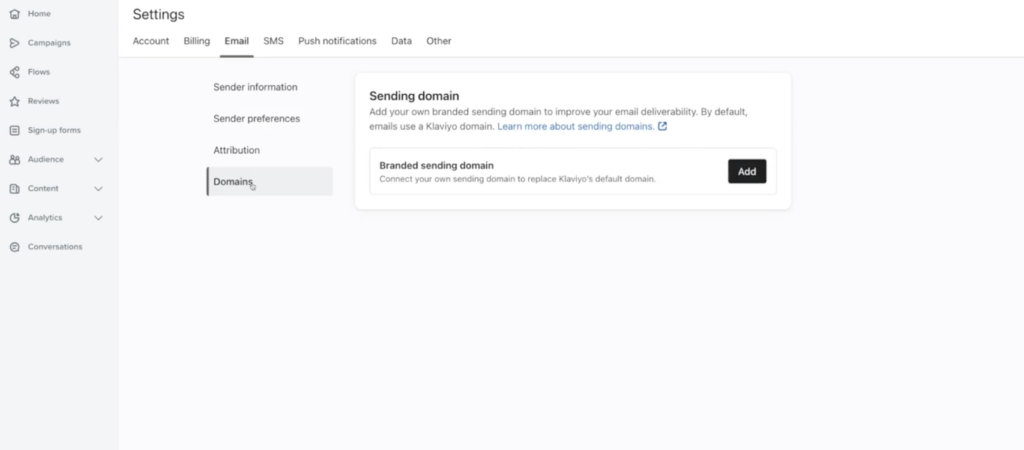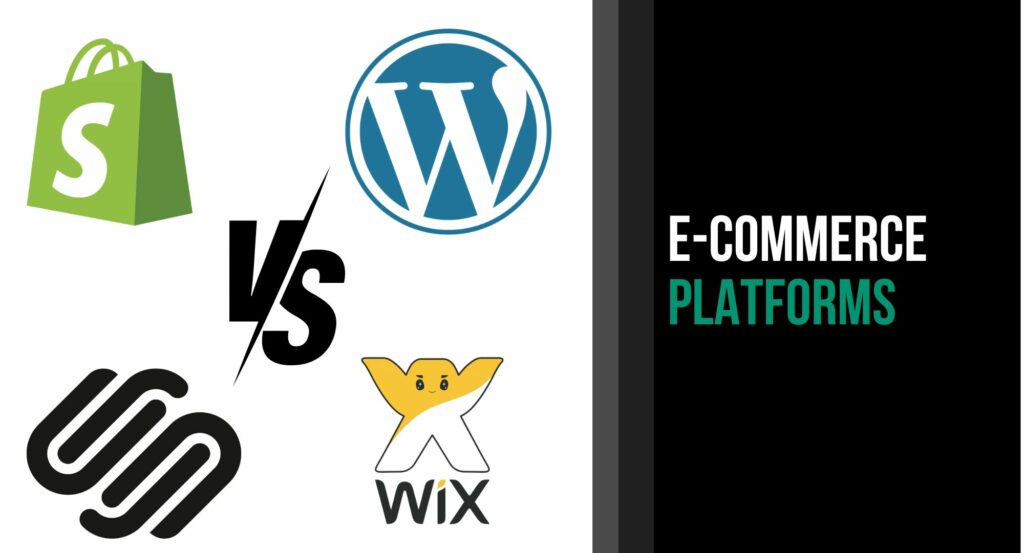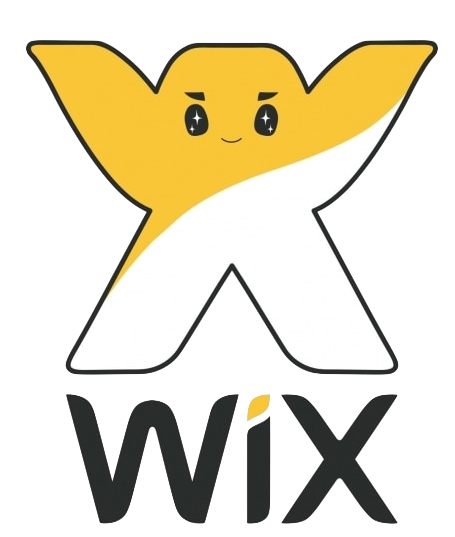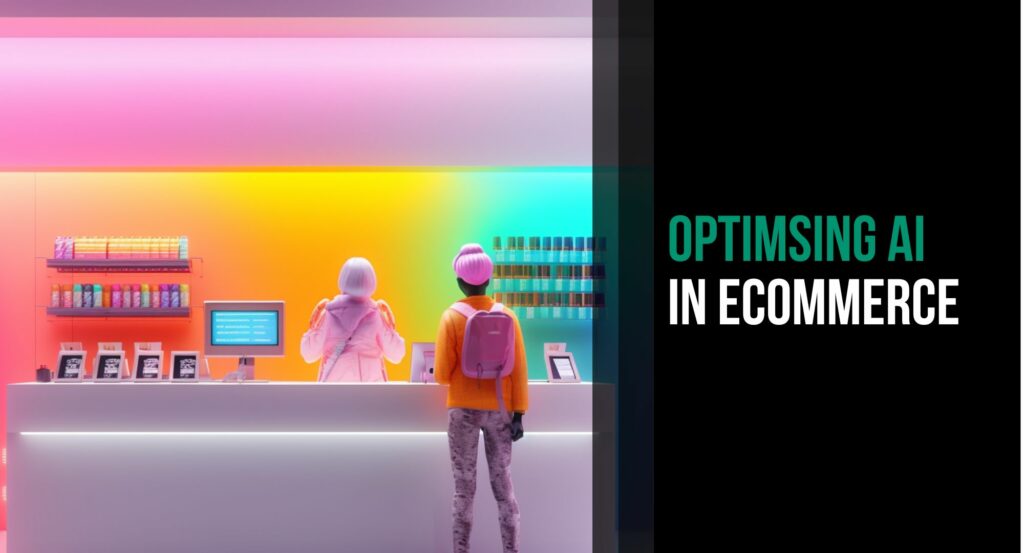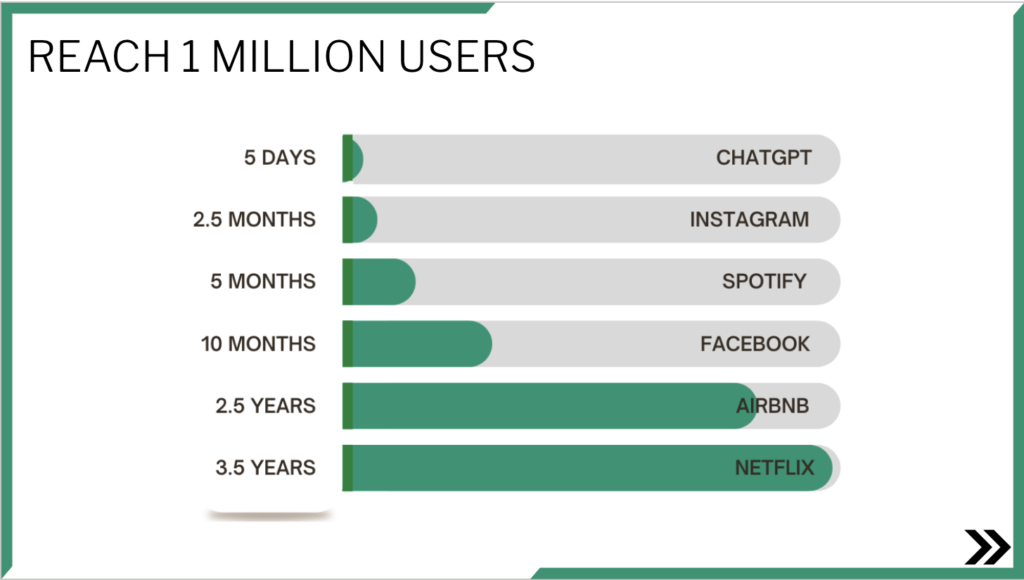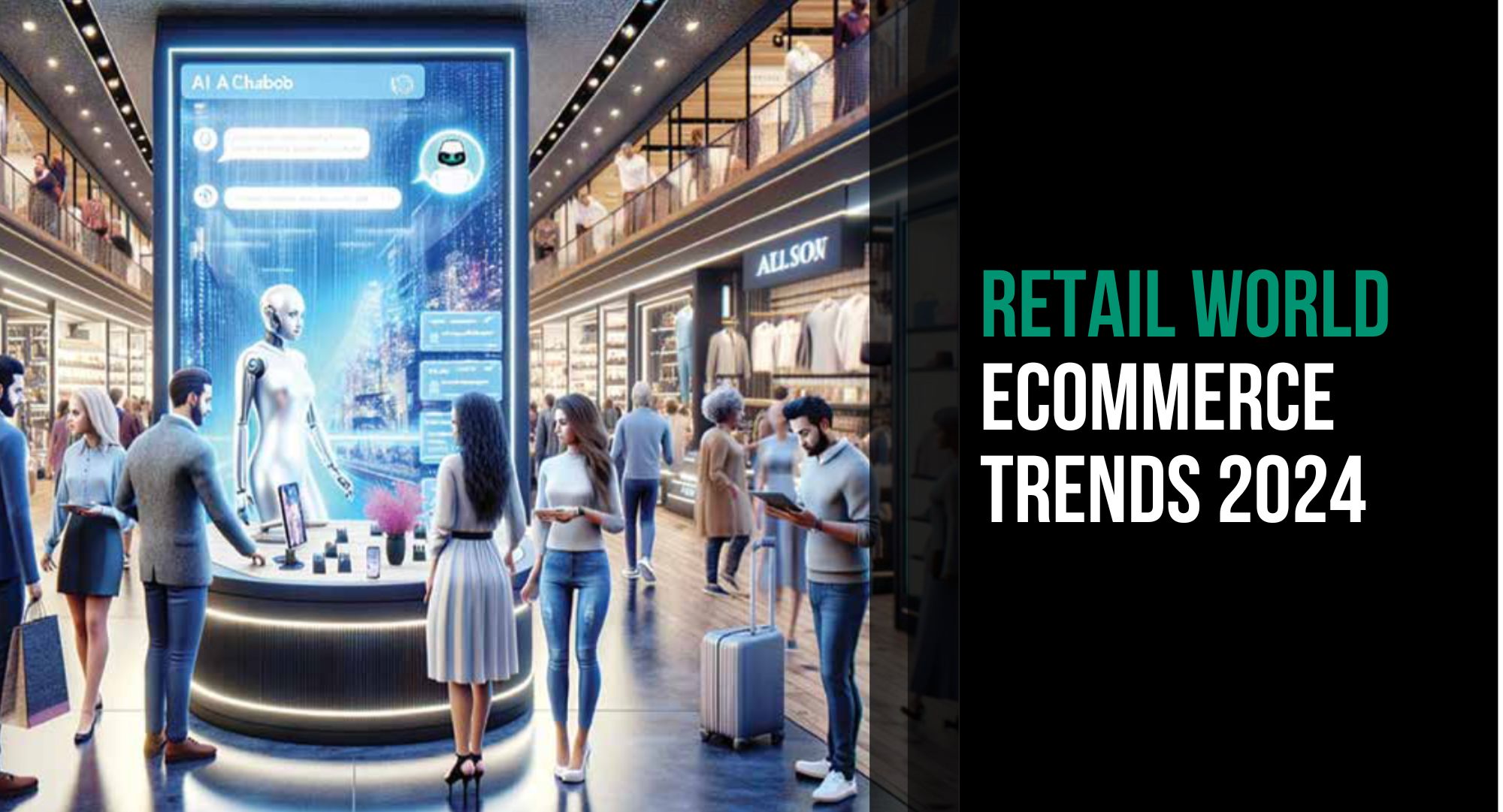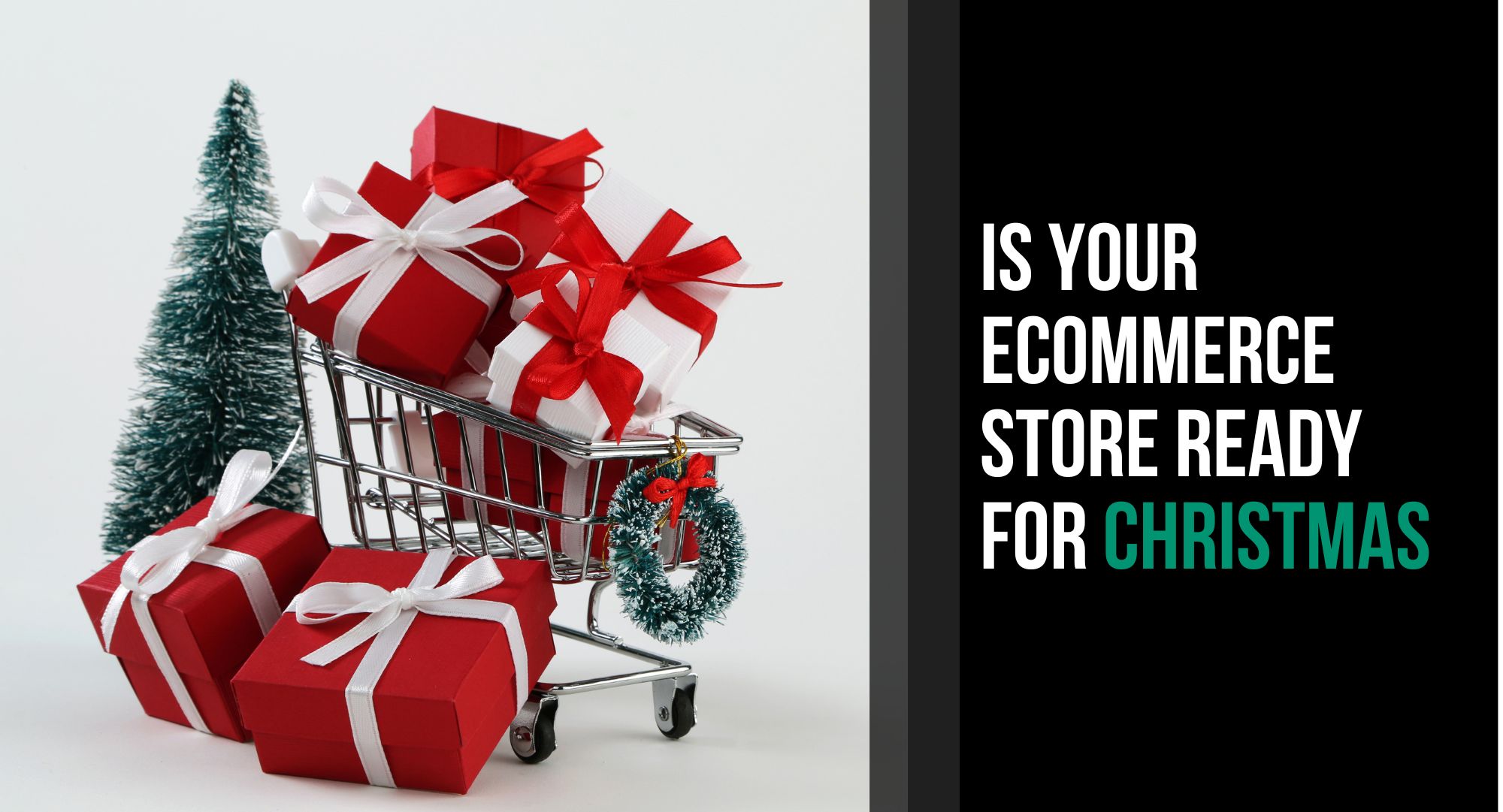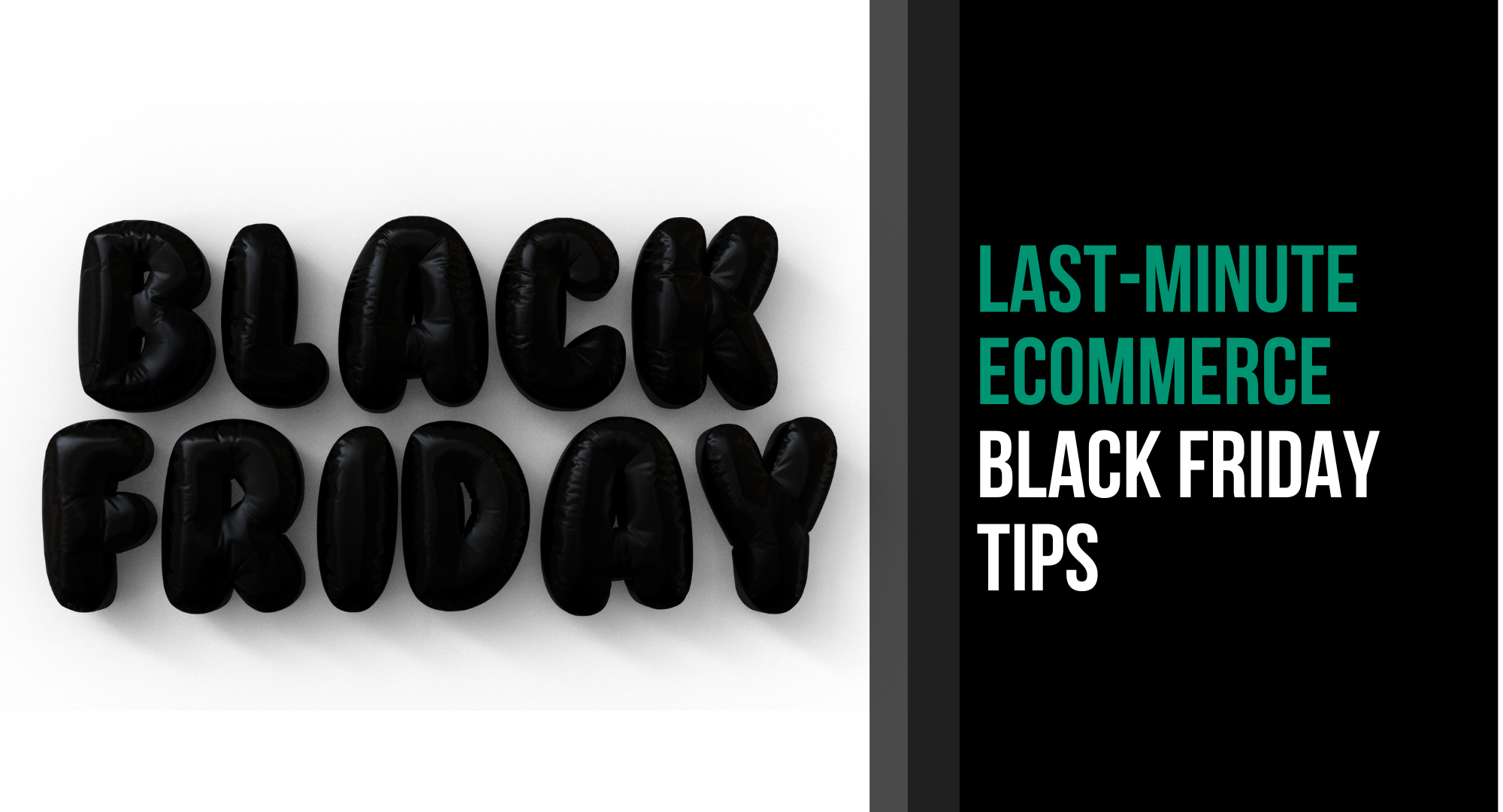Selecting suitable Shopify templates can differentiate between blending into the digital crowd and standing out in innovative and stylish way. As a seasoned ecommerce coach with nearly two decades of experience crafting digital strategies for brands large and small, I understand the critical role that website design plays in the success of online businesses.
In this guide, I will make your Shopify template decision easier by delving into the importance of choosing the suitable template. Showcasing the top five Shopify templates, both free and paid versions. Whether you’re a multi-million dollar enterprise or a one-person startup, the choice of your Shopify template is pivotal in shaping your online presence and driving conversions.
Let’s explore the world of Shopify templates and unlock the secrets to crafting a captivating digital storefront that resonates with your target audience.
So, what exactly are Shopify templates?
In essence, Shopify templates, also known as themes, are pre-designed layouts that determine your online store’s overall look and feel. They serve as the foundation for customising and building your eCommerce empire. With Shopify’s extensive library of templates, you can choose a design that aligns perfectly with your brand identity and business objectives.
Now, you might be wondering why you need these templates in the first place.
Well, let me tell you, the suitable Shopify template can make all the difference in attracting and engaging your target audience. Think of it as the storefront of your digital store – it’s the first thing customers see when they visit your site, and you want to make sure it leaves a lasting impression. When choosing your Shopify template, reflect on your physical storefront.
Just as you meticulously design your brick-and-mortar location to create a memorable and engaging shopping experience, treating your Shopify template with the same level of care and attention is paramount. Your website’s layout, design elements, and user interface should reflect your brand’s identity and values, mirroring your physical space’s ambience and aesthetic appeal.
By seamlessly integrating your in-store design principles into your Shopify template, you can ensure consistency across all touchpoints, fostering trust and familiarity with your customers, whether they’re browsing online or stepping through your doors.
Shopify Templates: Free Vs Paid
But here’s the million-dollar question: Should you opt for free templates or invest in paid ones?
Free templates may seem like a tempting choice, especially for those just starting or operating on a tight budget. While they can certainly get the job done, they often come with limitations in terms of customisation and functionality. You may be constrained by design restrictions or lacking essential features needed to enhance the user experience.
On the other hand, paid templates offer a plethora of benefits that can elevate your ecommerce game to new heights. With paid templates, you gain access to premium designs crafted by professional developers, ensuring a polished and professional appearance for your store. Moreover, paid templates often come bundled with advanced features, such as responsive design, SEO optimisation, and integration with third-party apps, providing you with the tools you need to stand out in a crowded marketplace.
Top 5 Shopify Templates: Free and Paid
1. Dawn
Dawn: A free, beginner-friendly theme by Shopify itself, perfect for new stores or those on a budget. It boasts a clean, modern design and prioritises product showcasing.
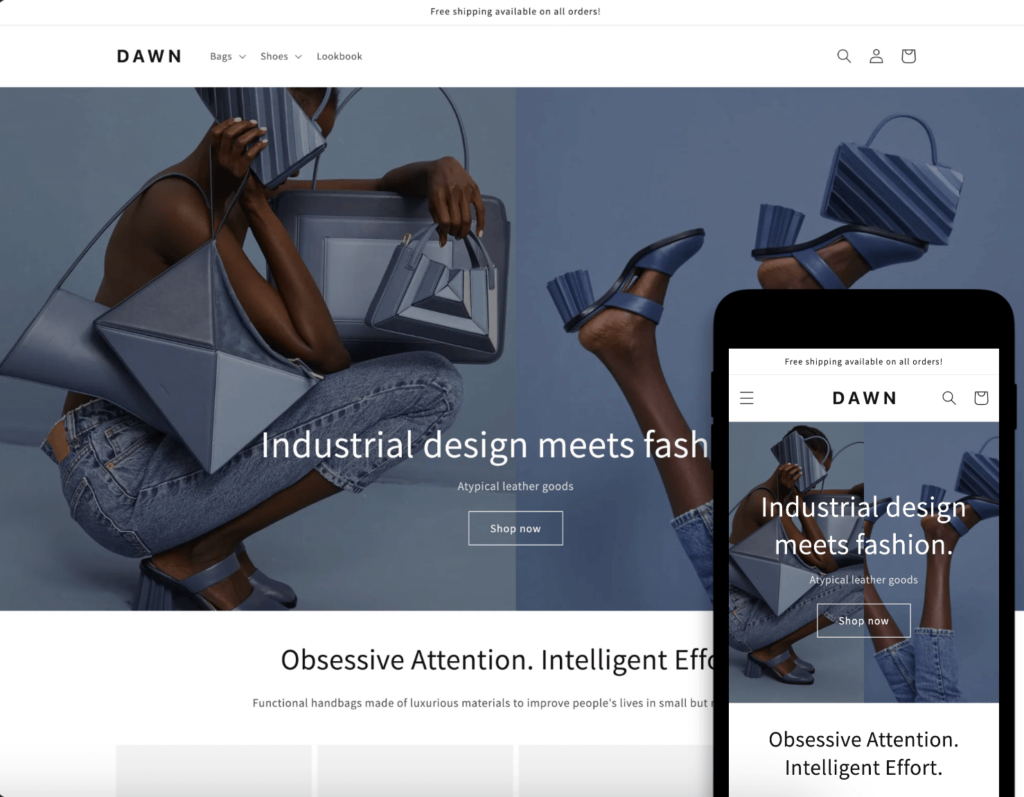
2. Sense
Sense: Free theme by Shopify, ideal for stores prioritising brand storytelling and visual appeal. It has a minimalist design that effectively highlights products and brand identity.

3. Impulse
Impulse: A versatile theme by Archetype Themes, known for its speed, customizability, and focus on conversions. It offers multiple layouts and features to cater to diverse needs.
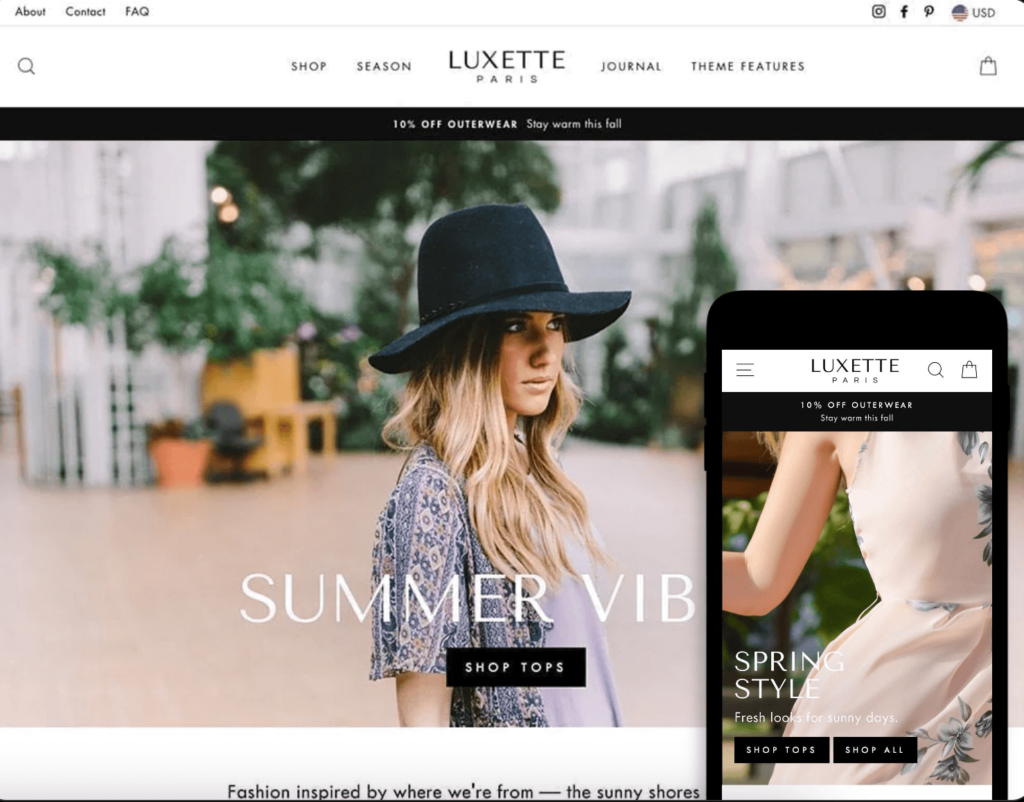
The cost of this Shopify template is USD 380.
4. Vantage
Vantage: It is a fast, sleek, and conversion-focused Shopify theme with many features, including support for EU translations, a store locator, and a countdown timer. Customers who have used the theme have said they are pleased with the support they have received and that the theme is easy to use.

The cost of this Shopify template is USD 300
5. Prestige
Prestige: A modern and elegant Shopify theme designed for jewellery and accessories stores. It features a responsive design, product image zoom, and customer reviews. Customers rate the theme positively but mention that customer support can respond slowly.
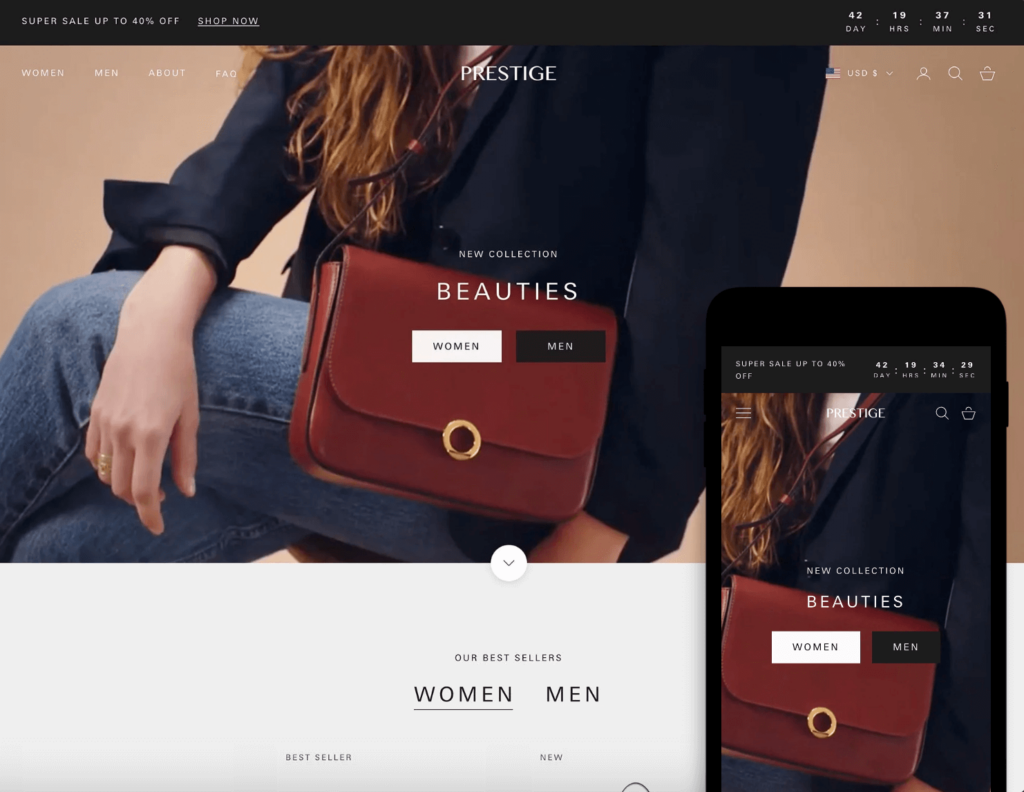
The cost of this Shopify template is USD 380
Selecting the suitable Shopify template is not just about aesthetics. It’s about creating an immersive and seamless online shopping experience that resonates with your customers and drives conversions. Whether you opt for free or paid Shopify templates. Aligning your choice with your brand’s identity and values is critical.
Remember, your Shopify template should serve as an extension of your in-store layout and design. Maintaining consistency and reinforcing your brand’s image across all channels.
Feel free to ask for guidance if you’re overwhelmed by myriad options. Or need advice on which template best suits your business needs. I’m here to help you navigate the complexities of Shopify templates and elevate your online presence.
Book a call with me today, and together, we’ll find the perfect Shopify template for your ecommerce business.
BIO
Kelly Slessor, is an Ecommerce Coach and a digital marketing expert. Passionate about retail, hospitality and retail service providers. As the founder and CEO of Shop You, an AI powered personalised virtual shopping mall she has spent 20 years building retail technology that responds to customer needs, drives conversions and increases revenue. Over the past year she has worked with over 1000 retailers and hospitality providers. If you want discover more about digital growth and optimisation, work with me.


